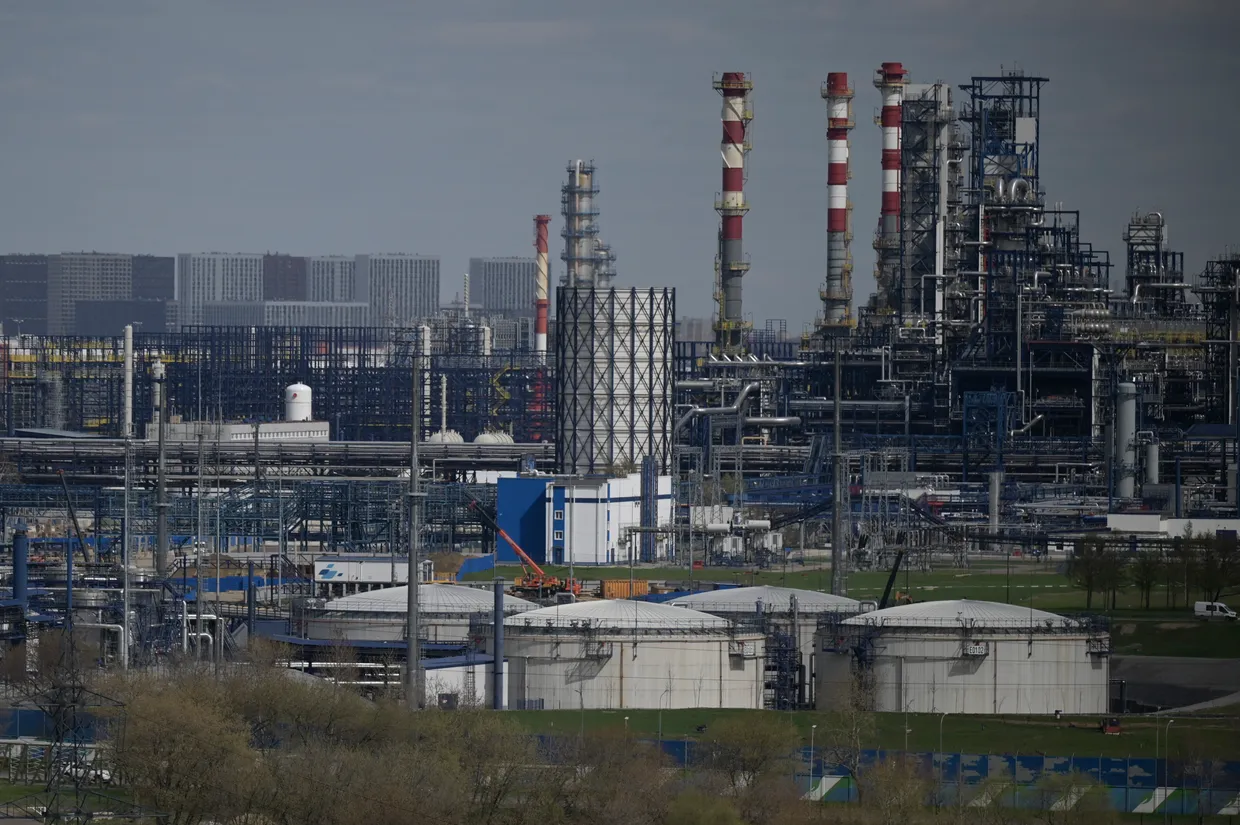
The declaration comes after President Volodymyr Zelensky confirmed during a press conference on Dec. 19 that Ukraine would not extend the transit agreement for Russian gas through its territory, which is set to expire on Dec. 31.
“We will not engage in extending the transit of Russian gas. We will not give (Russia) the opportunity to earn additional billions on our blood,” Zelensky said.
Following Zelensky's confirmation, EU member states such as Slovakia, Hungary, Italy, and Austria raised their concerns, with their state-owned energy companies jointly advocating for the continuation of gas transit through Ukraine.
Russian officials appear confident in Europe's reliance upon its natural gas industry. Only earlier this year did the EU finally introduce its first sanctions against Russia's gas industry, specifically targeting liquefied natural gas (LNG).
"In terms of logistics, Russian gas is the most beneficial, as well as in terms of price," Novak claimed, adding that Europeans have to pay more for American gas amid competition with China.
In late August, Kremlin spokesperson Dmitry Peskov said Russia could pursue alternative routes, including a planned gas hub via Turkey, if Kyiv failed to extend the transit deal.
Apart from the Ukraine route, Russian gas is transported via the TurkStream pipeline, which crosses the Black Sea. Russia may also potentially ship liquified natural gas (LNG) in tankers.
Meanwhile, the Nord Stream gas pipeline under the Baltic Sea from Russia to Germany has been non-operational since it was blown up in 2022.